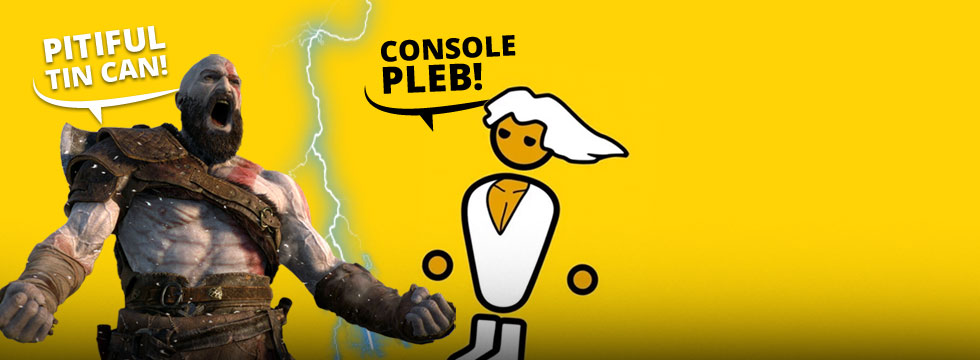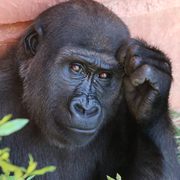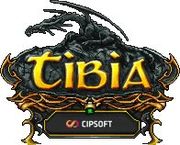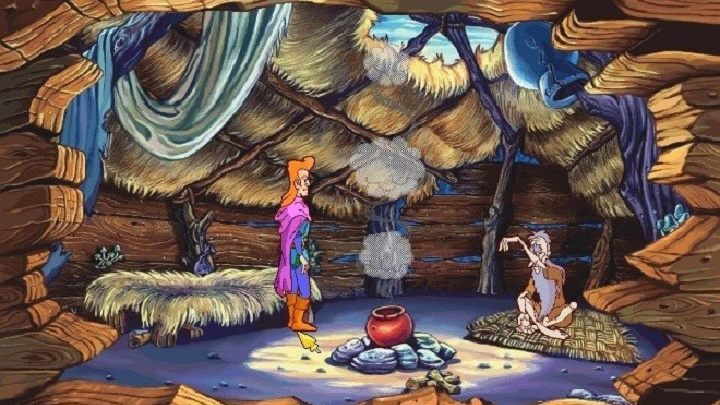Leaders and xenophobia. Gaming Tribalism – Why do Players Divide and Fight?

Leaders and xenophobia
However, the vision of fire-starting leaders seems an oversimplification. British science promoter, Matt Ridley, claims that xenophobia is somewhat inherent in our nature and has a source in tribal thinking. According to him, it was the rivalry between the tribes that influenced their integration and the emergence of aggressive leaders. Humans, and chimpanzees in the animal world, have a natural need to divide and distinguish the good “us” from the bad and hostile “them.” In this context, it seems legitimate to say that communities were created equally in order to cooperate and to defend against enemies, whether imaginary or real.

Primatologist (a scientist dealing with primate mammals) Frans de Waal provides the following explanation of our inherent need for allegiance to our tribe and hostility towards others: "We have evolved to hate our enemies, ignore those we barely know, and not trust anyone, who looks different than us. Even though we are able to work together in our communities, we become completely different animals in the face of an external threat." If one finds that considering humans like any other animal (such approach has biological merit) is offensive, de Waal adds that “The opinion prevailing in political sciences, humanities, economics, and philosophy says that man is a wolf to man. That we're inherently evil. This is a very unfair image of a wolf.”
So if we have an inherent inclination to prejudice, is there any structure in the brain responsible for generating it? Yes, the amygdala, considered as part of the “punishment system,” is responsible, among other things, for the production of negative emotions. Including, and perhaps above all, those associated with danger. Even though negative emotions are virtually mandatory for survival — we would not be able to fight or flee in face of danger without fear and hatred (or their primal, beta versions) — if fully unleashed, they'd turn us into antisocial monsters.
To correct an excess of negative emotions and keep the innate aggression in line, we use the prefrontal cortex, an analytical and more rational tool. This part of the brain is responsible for the conscious analysis of prejudices, and the fact that we're able to override them. In other words, it allows us to trample the instinctive distrust towards people of another race or nationality with the heavy boots of tolerance. When this mechanism fails, the reason falls asleep, and monsters awake. Therefore, aggressive or antisocial behaviors often occur in diseases where it does fail, for example in alcoholism, or some forms of dementia.
Interestingly, the amygdala also participates in constructing social relations. People with a larger network of relationships tend to have larger amygdalas. The fact that aggression and sociability are supported by the same facility in the brain can help us understand where aggressive and charismatic leaders came from, such as a certain Austrian painter, who won over legions of people, coaxing them into his vision of the world.
Siege
Once all these factors are added together, we're just a step away from the besieged fortress mechanism, where members of a certain group perceive everyone else as enemies just waiting for a chance to destroy their community. And it doesn't matter whether these enemies are real or imaginary, just as it doesn't matter whether we're defending our city, our nation, or our favorite MMO game. At the most fundamental level, these are the same tribal instincts in action. As stated by a neurobiologist, R. Douglas Fields: “Every social animal is dependent on its group and will defend it. We can only survive by being part of the community.”

Building a besieged fortress is particularly evident in the clash of the “old” media, such as television and newspapers, with the “new” media, such as video games, YouTube, and the Internet in general. The media, slowly losing influence, attempt to demonize their adversaries with biased coverage of patho-streamers, or the pernicious influence of League of Legends on young people, which, in turn, provokes the assaulted community to mobilize and defend their own camp: "Man the barricades! GAMERS DEFAMED!!!"
Posthistoric times
In early 2078, in the old part of Night City, united gangs (tribes!) of Animals and Voodoo Boys make a milestone discovery. About 30 meters below the surface of the street, in a naturally formed cave, they find a monumental steam machine. A few blocks away, at a similar depth, the ruins of an “Epic” civilization were found.

The Galador, quoting his former mentor, confessed that this adventure was special to him. It happened exactly at the time, when he was dead for so long that everyone would have been fed up with being dead. He said that the people of the steam machine died out of hunger somewhere around 2020 because the bankers of the “epic” civilization paid all food producers to make food only for them. Made it exclusive. Is there a moral? War never changes.
ABOUT THE AUTHOR
In my psychiatrist practice, I often encounter both tribal thinking and prejudice. But I try to avoid prejudice myself, certainly in such a trivial matter as video games. PC Master Race though, because, you know, the console pleb only has fighting games and those Japanese fairy tales. Oh, word up – No Steam, No Buy! And I heard only children play Fortnite.
If you liked this article, check out another piece written by the same author, where he examines sources of antisocial behavior in online games – Why We Hate – A Study of Online Anti-social Behavior.